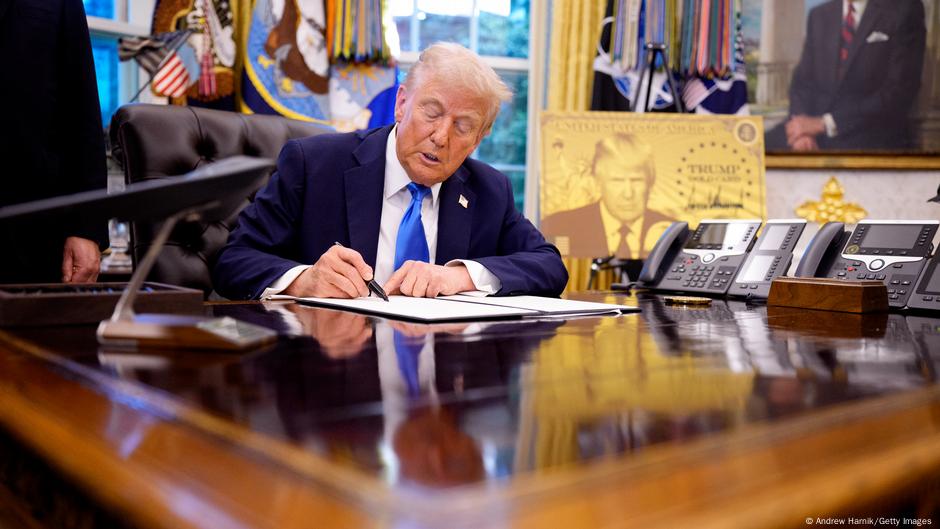
The United States economy faces potential disruption following a recent proposal that could drastically increase the cost of hiring foreign workers under the H-1B visa program. The plan, which suggests imposing a $100,000 application fee, has triggered widespread concern among universities, non-profit organizations, and the technology sector.
The Proposed Fee: A Breakdown
The announcement of the proposed fee has been met with confusion and apprehension. While the initial statement lacked clarity on several key aspects, it has since been suggested that the fee would be a one-time charge applicable to new applications. However, conflicting reports have emerged, leaving many uncertain about the exact terms and scope of the policy.
Economic Implications: A Looming Threat
Economists are expressing serious concerns about the potential economic fallout from such a steep fee. The loss of highly skilled talent could significantly hamper innovation and growth, particularly in crucial sectors like artificial intelligence and quantum computing. Some experts predict that multinational corporations may relocate operations to countries with more favorable immigration policies, further impacting the US economy.
Who Bears the Brunt?
- Universities and Non-Profits: These institutions, which rely on H-1B visas to attract international faculty and researchers, would likely struggle to afford the proposed fees. This could severely limit their ability to hire top talent and conduct cutting-edge research.
- Startups and Small Tech Firms: Smaller companies, often operating on tight budgets, would find it exceedingly difficult to absorb such a substantial expense. The fee could stifle their growth and innovation potential, potentially crippling their ability to compete in the global market.
- Large Tech Companies: While large corporations may be able to afford the fee, the policy could still incentivize them to seek exemptions or move operations abroad, impacting the overall US economy.
Examining the Claims of Abuse
The proposal is partly justified by claims that the H-1B visa program is being abused and disadvantages American workers. While some acknowledge the need for reform and modernization of the system, others argue that existing regulations are sufficient to address any abuses.
- The Need for Reform: Some experts contend that the H-1B system, designed in the late 1980s, requires updates to align with the modern economy. This includes ensuring that the program attracts top talent rather than simply providing access to cheaper labor.
- Job Creation and Innovation: Despite concerns about abuse, studies consistently demonstrate the positive impact of the H-1B visa program on job creation, innovation, and overall economic growth.
- Low Unemployment in Tech: Unemployment rates among highly skilled US tech workers remain low, suggesting that the program is not significantly disadvantaging domestic talent.
- Existing Regulations and Enforcement: The Department of Labor already investigates and prosecutes violations of H-1B visa regulations, providing a mechanism for addressing any abuses of the system.
Long-Term Consequences: A Bleak Outlook
If implemented, the proposed $100,000 application fee could have far-reaching and detrimental consequences for the US economy.
- Damage to Innovation: The fee could discourage talented individuals from pursuing opportunities in the US, leading to a decline in innovation and competitiveness.
- Economic Loss: Studies have consistently shown that H-1B workers contribute significantly to local economies, fostering patenting, startup formation, and overall economic dynamism.
- Risk to National Strength: The United States has long been a magnet for global talent, a key factor in its economic success. Policies that jeopardize this position could weaken the nation's competitive edge.
The future of the H-1B visa program and its impact on the US economy remain uncertain. As stakeholders grapple with the potential implications of the proposed fee, the debate over immigration policy and its role in economic growth continues to intensify.


No comments:
Post a Comment